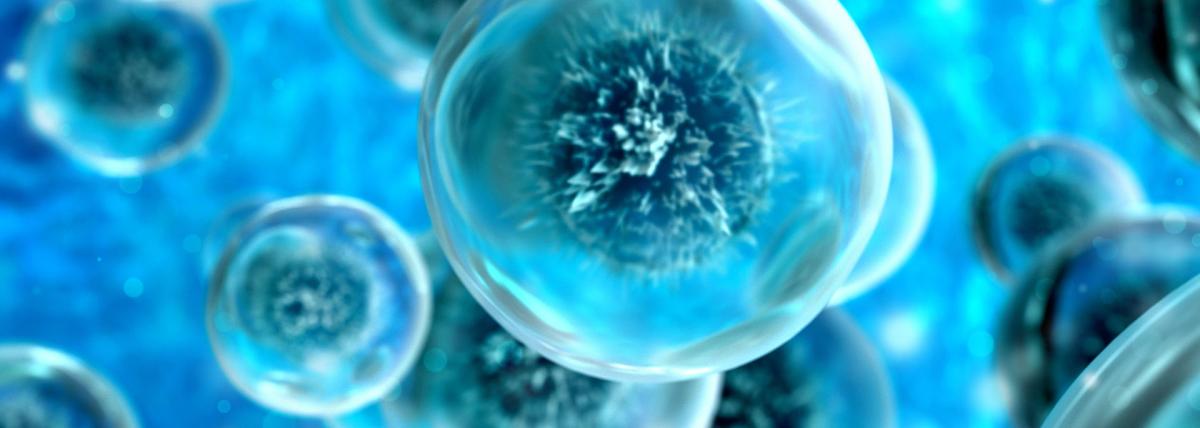Grades:
5th Grade
In this STEM lesson, 5th grade students will apply what they have learned about the affect gravity and friction have on an object’s mobility by engineering simple machines to change the ending of the
Grades:
6th Grade, 7th Grade, 8th Grade
This is an 8-lesson unit that is designed to be used together to learn about the health and diversity of your local watershed by placing leaf packs into a water source (natural or man-made ponds
Grades:
6th Grade, 7th Grade, 8th Grade
In this hands-on lesson, students use fruit snacks or candy to create models of the molecules used and produced in cellular respiration.
Grades:
6th Grade, 7th Grade, 8th Grade
This is an 8-lesson unit that is designed to be used together to learn about the health and diversity of your local watershed by placing leaf packs into a water source (natural or man-made ponds
Grades:
6th Grade, 7th Grade, 8th Grade
This is an 8-lesson unit that is designed to be used together to learn about the health and diversity of your local watershed by placing leaf packs into a water source (natural or man-made ponds
Grades:
Kindergarten
This is a hands-on lesson about shapes! After listening to Jack and the Beanstalk, students will look at a collage of castles and try to identify shapes that they see in the construction of the
Grades:
6th Grade
Can one organism turn an ecosystem upside down? In this engaging lesson, students use an interactive site (hhmi biointeractive) to understand and answer how a species becomes invasive, analyze
Grades:
3rd Grade
In this lesson, students will create a unique animal and then describe & draw it in a specific habitat. The students will determine what adaptations the animal needs to survive in the habitat and
Grades:
3rd Grade
Students will tend to their garden boxes and observe the plants that are starting to grow. Students will take measurements and start a graph on growth throughout the growing cycle of their garden
Grades:
3rd Grade
In this engaging lesson, students will create their own parade float using recyclable materials and code a parade route using Dash robots. Students will do this after hearing the story "Balloons over
Grades:
6th Grade, 7th Grade, 8th Grade
This is an 8-lesson unit that is designed to be used together to learn about the health and diversity of your local watershed by placing leaf packs into a water source (natural or man-made ponds
Grades:
5th Grade
In this creative lesson, students will create a simple machine to retrieve objects through a makeshift storm drain. There is a potential literacy integration and a focus on the engineering design
Grades:
6th Grade, 7th Grade, 8th Grade
This is an 8-lesson unit that is designed to be used together to learn about the health and diversity of your local watershed by placing leaf packs into a water source (natural or man-made ponds
Grades:
1st Grade
In this hands-on lesson, students will listen to "The Water Princess" by Susan Verde and then create their own water filtration system in a small group. Students will consider questions like, "How can
Featured Lesson Plans
Check out these notable lesson plans.

Grades:
6th Grade
In this unit, students will study the effects of air pollution and engineer an environmentally friendly air filter to reduce pollutants in the air using common household items and recycled materials

Featured
Mosquito Management
Grades:
3rd Grade, 4th Grade, 5th Grade
This lesson takes place in as classroom for one or more 60 minute class periods. The data collection portion may continue for 2+ weeks (or whatever time frame you decide). An emphasis is placed on the

Featured
Bee-Bot Mazes
Grades:
Kindergarten, 1st Grade
Students collaborate to create mazes for the Bee-Bot robot. Students also work in teams to plan and create programs to move Bee-Bots through the maze. For this lesson, students work in groups of 2-3


